Around 5:00pm, a time when most civil servants spill out of office towers and scramble for rides home, Mexico Square was oddly hushed.
On Mozambique Street, in the Genet Hotel area, only a few battered blue-and-white minivans nosed into the curb, leaving long queues of commuters staring at the empty road and the lowering sun. A man in fresh orange-and-blue uniform, a facilitator, and two transport officers, strolled past the waiting crowd, offering little comfort to fraying tempers.
Adnan Arfano, in his early 20s and juggling school with a sales job, stood at the head of the line bound for Mexico Square from the Haile Garment district. He has learned the choreography of the city’s unruly taxi ballet on the Piassa-Megenagna-Ayat corridor, but lately the rhythm is off.
“Sometimes it’s a stampede, people run, elbow their way through,” he said. “And, the new line facilitator stands there, fixated on collecting money from the driver.”
He never saw it this way before. The fix, he argued, was better staffing at busy transfer points and facilitators who do more than guard their commissions.
“The changes are a good idea, but they need teeth,” said Adnan, one of the approximately 1.43 million commuters in the capital who depend on minibus taxis, which cover 80pc of the demand. “When there is no one watching, people cut in line and take others’ seats.”
Commuters who rely on public transport represent 31pc, doubt the size of the city population that uses a personal vehicle. Aside from the city bus services and nearly 400 midibuses, approximately 9,000 minibuses operate in the city, with 3,000 of them being Code-1 coloured in blue and white.
For decades, the capital’s 14-seat mini-buses were marshalled by a loosely governed army of line facilitators, known locally as “Tera Askebari”. The arrangement gave work to thousands but annoyed passengers and officials who complained about chaotic dispatching and persistent side payments.
According to Yabibal Addis, head of the Addis Abeba Transport Bureau, talking to Addis Media Network said the city finally decided to reboot the system. Officials wanted to change the old setup where every place a taxi passed was treated as a terminal, and a facilitator was assigned there.
That practice produced 197 terminals and more than 3,600 facilitators, one for roughly every half-block on some routes. Drivers paid a fee at almost every stop. On a short route, a driver could charge at least 20 Br or 40 Br for a round trip.
“That was a burden,” said Nuredin Ditamo of Nib Taxi Owners’ Share Company.
However, the city officials’ plan to administer could be radical, limiting facilitators to the first and last stop, slashing recognised terminals to 87, thereby trimming the workforce to 996.
Each enterprise received a two-year permit. The Bureau also replaced cash with a digital payment of 10 Br per trip, routed through Siket Bank, a financial institution that morphed from the Addis Abeba Credit & Saving Institute, which was under the city administration.
The cut is pre-programmed: 20pc to city coffers, 30pc to future sector projects, and the rest to facilitators’ wages.
“Facilitators can only remain on this job for two years,” said Yabibal. “They must move on to growth-focused sectors henceforth.”
While the new system promises opportunity, it has displaced many.
Biniam Getu, once a familiar face helping commuters at Mexico Square, now spends his days on a spiritual retreat in a monastery after losing his job to the city’s overhauled transport facilitator system. The former member of the Tigat Facilitators Union still clings to a promised three-month training program that he hopes will teach him skills such as welding or woodworking.
“We submitted our request and are waiting,” he said.
Biniam’s troubles deepened when Girmachew Sileshi, chairman of the Addis Abeba Taxi Facilitators’ Union, left the country. Repeated attempts by the Union to secure a meeting with the Mayor’s office were turned away.
“We’re told our union isn’t recognised and advised to approach our District,” Biniam said.
However, that coordination fell apart in the chairman’s absence. Some displaced workers have drifted back to their former curbs, hoping to scrape together the 200 Br to 300 Br, a fraction of what they once earned daily. Newly hired facilitators toil through entire shifts but are paid only after digital reconciliation, rather than up front, the way veterans were.
Getu complained that the newcomers do not know the streets and show little care for the elderly or pregnant commuters. He also claimed thefts have risen while many former facilitators struggle to feed their families.
City officials counter that the reforms seek to create lasting opportunity.
Feyissa Feleke, communications director at the Addis Abeba Labour & Skills Bureau, outlined a training initiative intended to steer displaced facilitators toward new trades and small business ownership. To qualify, applicants are required to prove their residence with a Kebele ID, register on the Labour Market Information System, and submit their biometric data. Accepted trainees attend courses at institutions such as General Wingate and Entoto Polytechnic Colleges.
“We make sure applicants aren’t those who already built up sufficient capital to start a business on their own,” Feyissa said.
Some participants have already completed their training, and most newcomers choose to pursue trade skills. Current facilitators nearing the end of their two-year contracts will receive a shorter, five- to 15-day course tailored to their next field of work.
“The ultimate aim is not just income generation,” Feyissa noted. “We’re working toward real economic empowerment and long-term employment opportunities.”
Trainees should set aside 30pc of their income in a mandatory deposit and are encouraged to build extra savings as a cushion for future ventures.
The policy has its academic supporters. Berhanu Zeleke (PhD), a lecturer in urban transport at Kotebe Education University, called the overhaul overdue. Replacing the old guard, he argued, makes room for fresh job seekers while contractual terms increase accountability.
“The contract system encourages facilitators to plan for their future,” he said, acknowledging past misconduct among some facilitators.
On paper, the new system looks clean. On the curb, it is sputtering.
One of these terminals is located around the Stadium, where Abraham Weldesenbet, a slight facilitator in a crisp uniform, paced between vans last week, scribbling plate numbers in a dog-eared notebook. Stars marked those that had paid, but taxis often pulled away before he reached them.
“It’s so frustrating,” he told Fortune, shoulders sagging.
The outfit has 13 members for one of the busiest junctions in the city, a ratio that leaves him alone during rush hour.
By 10am, he had logged about 40 vehicles. Only a handful carried the multiple stars, showing they had settled their fees.
“The system is nonexistent,” he grumbled.
Amelewerk Megeressa, a traffic coordinator in the area, confirmed the shortage.
“There are students and workers in long queues,” she said.
Some drivers, fearing phone theft, refuse to use the mandatory app; others do not own a smartphone.
“There should be someone designated to help facilitate the payments,” she said.
Indeed, the citywide shift to electronic fare collection has opened a digital divide.
Abraham Haika, who shuttles between Stadium and Qality for the Kirkos District Taxi Association, acknowledged that the new facilitators are learning.
“They’re getting used to the job,” he said. “There is no conflict between us. They help manage queues and even direct passengers when needed,” he said.
For him, the hitch is the network. It takes too long, connections are slow, and many drivers lack compatible devices. However, intermediaries sense an opportunity. Since the government mandated digital fuel purchases two years ago, young hustlers have offered to run transactions on old Nokia phones for a fee.
“It’s the same problem all over again,” Nuradin from the taxi association told Fortune. “These middlemen are turning it into a job.”
The price to work with the intermediaries is a five Birr premium over the 10 Br fee the city imposed, which they pocket after making the transfer.
Officials concede the rollout is bumpy. The flat charge could be set to stop facilitators from quietly shifting taxis to longer routes and demanding higher cash tips. But, fixing the bug is underway by software developers.
“These issues are being evaluated daily,” Yabibal confirmed.
Siket Bank’s early versions of its system required drivers to key in a 13-digit account number, an ordeal on analogue handsets. The Bank responded by introducing a four-digit short code system, from 1001 to 1087, each representing a specific terminal enterprise. The Bank works with Ethio telecom’s Telebirr, a platform that drivers already use to pay for fuel, although transfers from 32 banks are also possible.
Messay Woubshet, Ethio telecom’s communications chief, denied any exclusivity.
“Siket’s system is simply integrated into the Telebirr app like the systems of 28 other banks,” he told Fortune. “Drivers use the ‘transfer to bank’ feature within the app to make payments.”
Most glitches, he said, are cleared within a day.
“If a transfer takes time, it is usually resolved within 12 to 24 hours,” said Messay. “In rare cases where it takes longer, we apologise and follow up directly with the affected parties.”
Facilitators on the ground say they improvise. Some drivers with no Telebirr account still pay cash. According to a facilitator who requested anonymity, they accept the fees when drivers return from their trips.
“We only want to help people get where they need to go,” he said while pocketing coins. “But, people criticise every detail.”
He recalled the time a passenger shot video of a cash hand-off, an offence that can bring a fine of 5,000 Br to 10,000 Br for both parties.
Those penalties are spelt out in a sweeping regulation that covers everyone involved, from taxis and terminals to facilitators, the Ministry of Labour & Skills, the Peace & Security Administration Bureau, as well as the drivers’ associations. Enterprises should register, open two bank accounts, and submit quarterly reports to the authorities.
Working without an ID or the required uniform draws a 10,000 Br fine and instant dismissal for repeat offenders. Members who stir up trouble face 5,000 Br on the first strike and 10,000 Br on the second; enterprises employing workers caught drinking, smoking, or using substances such as Khat risk both fines and loss of permits. Drivers involved in disturbances pay 1,000 Br.
City officers can pull plates from individuals who are chronic offenders.
Officials want these changes in public transport management to fit into a bigger corridor project to modernise the capital’s transport arteries with new lanes, electric buses, and bicycle paths.
Dagnachew Shiferaw, deputy head of transport operations, argues that the Addis Abeba City Bus Service Enterprise moves 1.1 million people daily without line facilitators.
“That proves structure and respect can do the job,” he told Fortune. “We don’t need more personnel. What we need is stricter monitoring and consistent penalties.”
A live dashboard tracking the city’s new Velocity electric buses, passenger counts, fare mix, and location is displayed. The city now has 81 terminals and 85 enterprises, with more than 100 staffed locations, although some lack formal structures. Thousands of students and unemployed youth volunteer during rush hour after completing a seven-day course that covers financial literacy, discipline, and public safety.
Back on Mozambique Street, another dusk settles over a line of weary commuters. The sun was gone, the crowd thinned, and Adnan still waited for a taxi. A facilitator waved down an empty van, but the driver rolled past, horn blaring. Change is coming, city officials insist, but for riders like Adnan, the road home feels longer than ever.
Many of the holdups are low-tech. Drivers cling to basic phones because smartphones are more prone to theft. Punching a 13-digit account number on a tiny keypad is slow; one mistake means starting over from scratch. Siket Bank’s engineers promise a more straightforward menu and a QR code option, but that will require sturdier handsets than most drivers trust themselves to keep.
Road tweaks are coming, too. The corridor project bundles taxi reform with resurfaced asphalt, wider sidewalks, bicycle lanes, marked crosswalks, pocket parks, and designated parking bays. Officials pitch it as a package: digital payments to clean up the money, and physical investments to clean up the streets.
Even supporters concede the early days feel messy.
“The benefits are ultimately for the drivers themselves,” said Berhanu, teh lecturer, urging patience. “Transport is the lifeblood of a city; change never arrives as fast as the traffic light turns.”
Though he believes those who showed dedication deserved better recognition, he sees the broader changes. New transit hubs and digital payments are steps worth the temporary inconvenience.






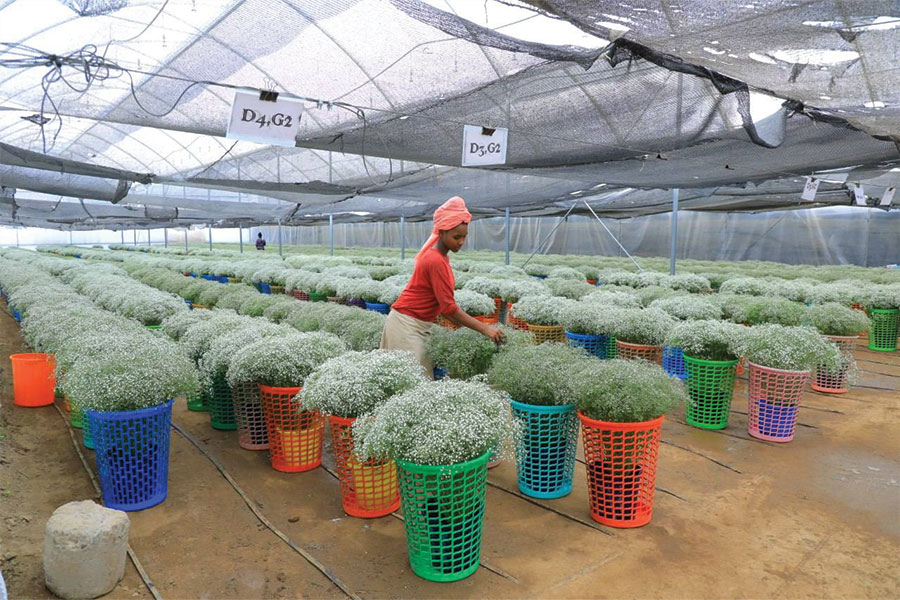
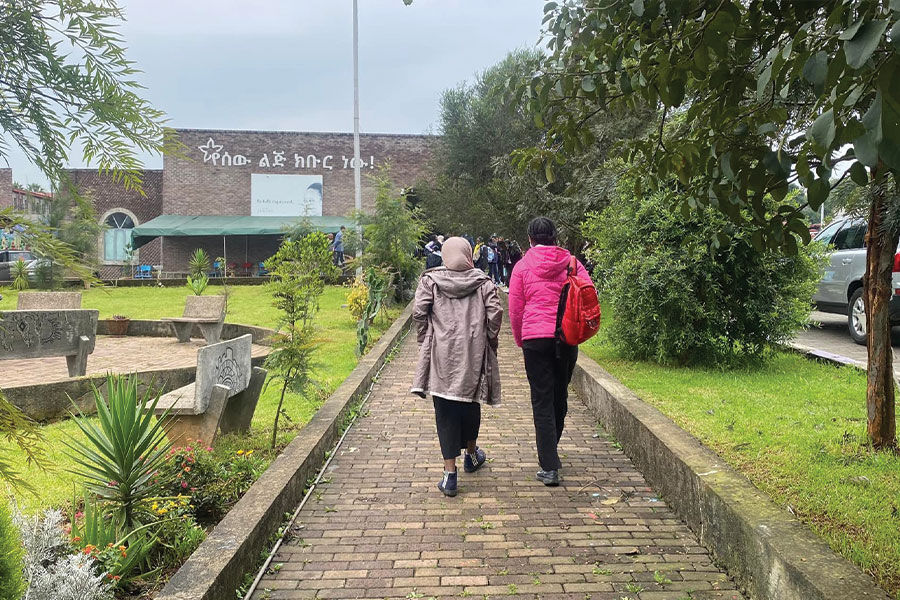
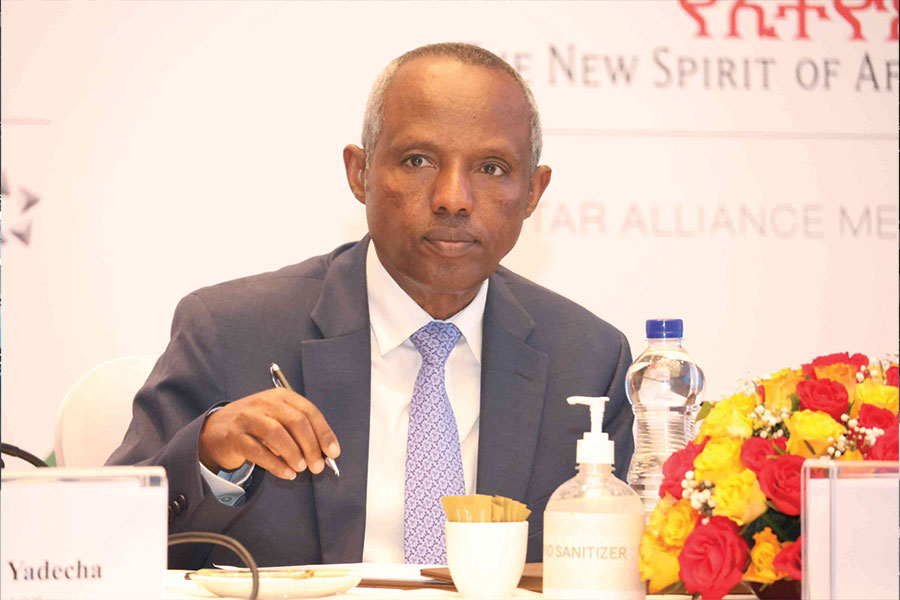


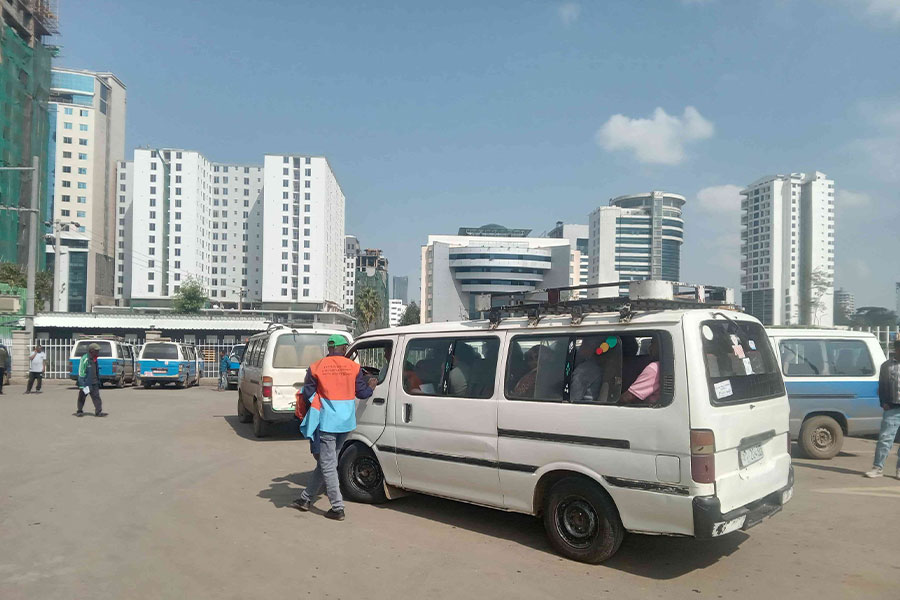


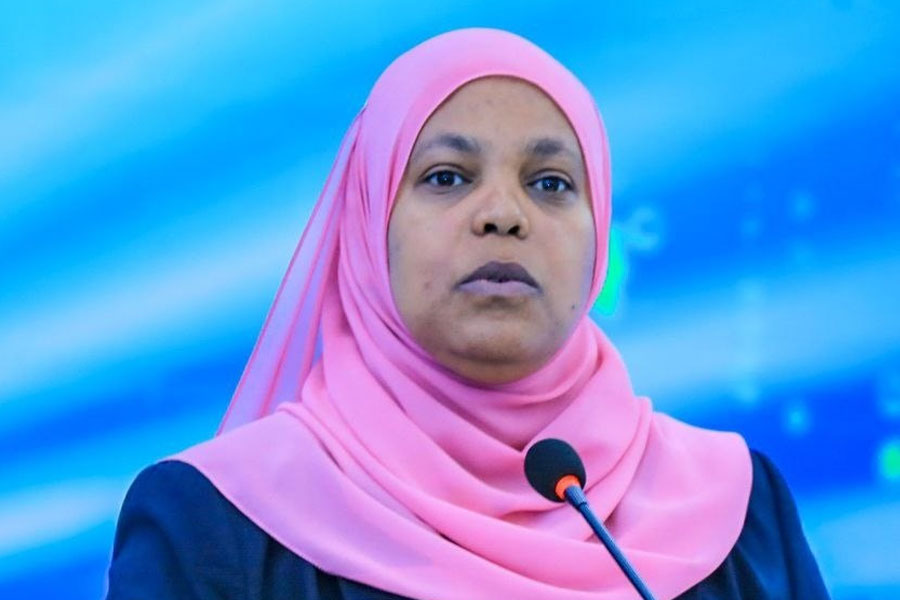
 Loading your updates...
Loading your updates...